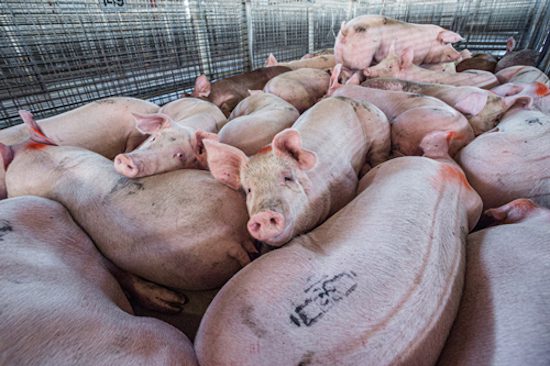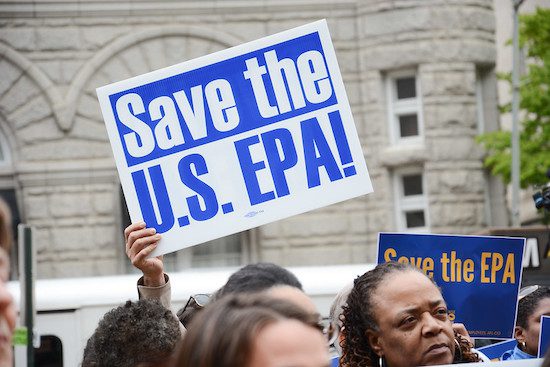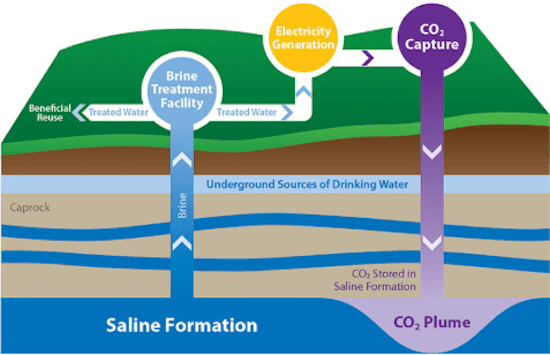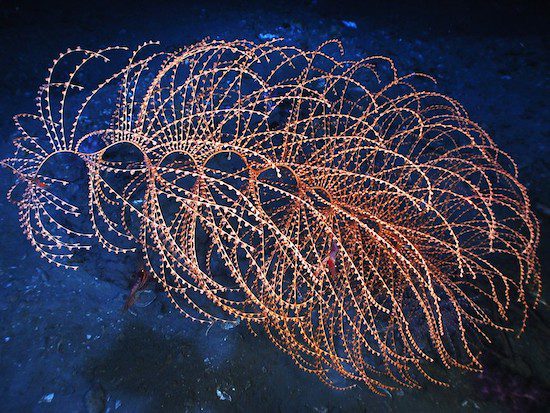


Care2: Since the onset of the coronavirus pandemic, the meat production industry has faced major difficulties. From massive outbreaks of the virus amongst employees at meat processing plants, to roadblocks in food distribution chains causing massive product waste, proof that the industry is built too feebly to withstand a crisis has been abundant. Many meat farmers have responded to the crisis by “depopulating” their animals. This is a rather sterile term for mass, gruesome murder, the details of which were unclear—until now. A May 2020 investigation into a large pork producer in Iowa and its depopulation methods revealed that pigs—animals that are known to have the emotional and cognitive intelligence of dogs—are being roasted and suffocated alive. Workers at Iowa Select Farm, where this mass slaughtered took place, essentially closed all ventilation points and then pumped in heat and steam. There is video footage of the poor animals crying and screaming while they slowly died. Those who didn’t die from torture were forced to lay among their family members until workers came by with bolt guns to finish the job. The piglets were reportedly ripped from their mothers and killed in barns filled with gases. For too long, the United States meat industry has operated on the foundation of cruelty and the hope that the public would turn a blind eye.
>>>Urge the U.S. Food Safety and Inspection Service (FSIS) to investigate this merciless massacre, and hold whoever is responsible accountable for egregious animal cruelty.
Center for Biological Diversity: The Togo wolf pack in Washington is on the verge of annihilation. The Washington Department of Fish and Wildlife has recently issued a new kill order for members of this wolf family. Since 2012 the Washington Department of Fish and Wildlife has killed 31 wolves, wiping out the Wedge pack, Profanity Peak pack, Sherman pack and Old Profanity Territory pack. The Togo pack could be next. The vast majority of these killings have occurred on public lands and on behalf of the same for-profit livestock operation, which refuses to adequately watch over its cattle. Science shows that nonlethal measures work best to deter wolf-livestock conflicts. But the department has ignored this. It just keeps killing wolves, sometimes destroying whole packs. Wolves and packs can flourish, if the state just gets out of the wolf-killing business.
>>>Urge Washington Department of Fish and Wildlife director Kelly Susewind to stop the slaughter of Washington’s gray wolves.
Rainforest Rescue: A proposed land reclamation project and sand mining in Malaysia threaten a nesting ground of vulnerable Olive Ridley turtles and a marine biodiversity hotspot. Gertak Sanggul is a vital landing site in the Malaysian state of Penang for the Olive Ridley turtle, which migrates thousands of kilometers around the Indian Ocean between its feeding and nesting sites. It is the smallest and most rarely sighted marine turtle in Malaysian waters and listed as vulnerable by the International Union for Conservation of Nature. This marine biodiversity hotspot would be destroyed by the Penang South Reclamation (PSR) project to create three artificial islands for the development of condominiums. The lack of public consultation and availability of detailed information is shocking in view of the project’s scale: 1,821 hectares (4,500 acres or 7 square miles). The project is expected to generate 3.2 million tons of carbon emissions annually.
>>>Urge Malaysian Prime Minister Tan Sri Muhyiddin Yassin to reject land reclamation and save the Olive Ridley turtles.
Cause for concern…

- Trump EPA won’t regulate toxic compound linked to fetal brain damage (Lisa Friedman and Coral Davenport, The New York Times)
- Decline in green energy spending might offset COVID-era emissions benefits (Yale School of Forestry & Environmental Studies, ScienceDaily)
- New study reveals how runaway human population growth collapses the role of wildlife in the world’s ecosystems (Colorado State University, ScienceDaily)
- Mississippi set to be 13th state to criminalize fossil fuel protests (Alexander C. Kaufman, HuffPost)
- Activists protesting against environmental injustices around the world suffer from high rates of criminalization, physical violence and murder (Autonomous University of Barcelona, Phys.org)
- The march of human progress is strewn with dead animals (Bhavdeep Kang, Free Press Journal India)
- Rotting corpses and animal abuse at farms supplying pig meat (Joe Mellor, The London Economic)
- The wildlife trade is a multibillion-dollar industry that threatens biodiversity (University of Helsinki, Phys.org)
- China’s Yulin Dog Meat Festival: Sick celebration where dogs are blow-torched alive sparks fury (Brian McGleenon, Express)
- New footage shows cats crammed in cages ready to be served as food in China (Eliza Erskine, One Green Planet)
- Latest climate models warn of more intense droughts to come (Chrissy Sexton, Earth.com)
- Climate gentrification: How extreme weather is displacing low-income residents from their communities (Yvette Killian, Yahoo!)
- Mangrove trees won’t survive sea-level rise by 2050 if emissions aren’t cut (Rutgers University)
- Millions of Americans lack access to quality parks, report reveals (Nina Lakhani, The Guardian)
- Climate change to bring greater threat of agricultural weeds for farmers (James Fyfe, Newshub)
Round of applause…

“It won’t be enough to simply slash carbon emissions to zero,” writes Earth | Food | Life reporter Daniel Ross, in Truthout. “We’ll also need to suck up to 1 trillion metric tons of carbon from the biosphere over the 21st century.” Now, Australian researchers have set a record for carbon dioxide capture and storage (CCS) using new technology that looks like a sponge filled with tiny magnets.
- Australian researchers set record for carbon dioxide capture (Monash University, Science Codex)
- Victory for activists as China reclassifies dogs as pets in new guidelines (Sally Ho, Green Queen)
- Scientists unlock secrets of Ethiopia’s superfood in race to save it from warming climate (Science Bulletin, Medium)
- Colombia: Congress votes to end animal testing for cosmetics (Cruelty Free International)
- Global pork giant faces calls to produce 100% vegan meat amid COVID-19 (Robbie Lockie, Plant Based News)
- Simple way of ‘listening’ to chicks could dramatically improve welfare (University of Plymouth)
- These 8 unexpected migration routes give you reason to go birding this summer (All About Birds)
Parting thought…

“Science and poetry are, in fact, inseparable. By providing a vision of life, of Earth, of the universe in all its splendor, science does not challenge human values; it can inspire human values. It does not negate faith; it celebrates faith.” —Jacques-Yves Cousteau
Earth | Food | Life (EFL) explores the critical and often interconnected issues facing the climate/environment, food/agriculture and nature/animal rights, and champions action; specifically, how responsible citizens, voters and consumers can help put society on an ethical path of sustainability that respects the rights of all species who call this planet home. EFL emphasizes the idea that everything is connected, so every decision matters.
Click here to support the work of EFL and the Independent Media Institute.
Questions, comments, suggestions, submissions? Contact EFL editor Reynard Loki at [email protected]. Follow EFL on Twitter @EarthFoodLife.